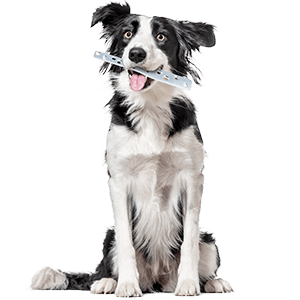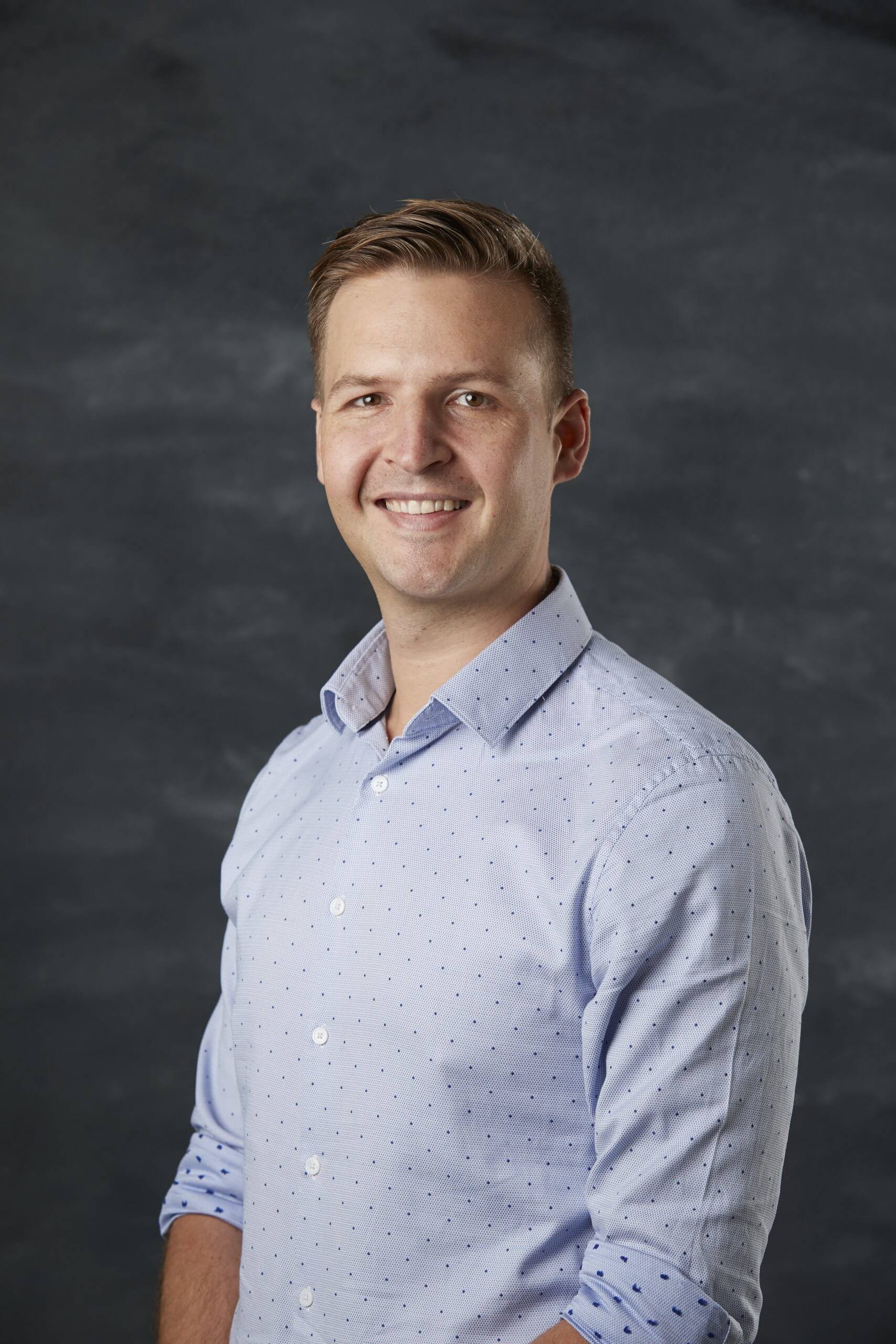Fixing Fractures: On Demand
6 months access
Fully flexible delivery
10 CPD points
Certificate on completion

This entry-level course covers fracture repair for veterinarians who are new to orthopaedics. The initial modules are designed to update general practitioners with contemporary approaches to veterinary orthopaedics, with a later focus on decision making for fracture repair.
Each video in this course was recorded live in mid-2022 with Dr Mark Newman. It features a live Q&A and discussion forum at the end of each topic. This course is where you start your journey to performing veterinary orthopaedic surgery.
Whether you’re committed to beginning orthopaedic cases, or building up your knowledge base, this course will inspire and encourage you.
Fracture repair in clinical practice
- Fracture assessment
- Fracture planning
- Fracture fixation
- Orthopaedic equipment & hardware
Veterinary orthopaedics through flexible learning
This course has been created by Dr Mark Newman as an entry-level roadmap to fracture repair in general practice, and to help you decide whether veterinary orthopaedics is your next CPD focus. Covering case management, hardware selection, and the reconstruction versus bridging debate, you can enjoy 24/7 access to flexible learning online. Hint: if you like this course, there will be a hands-on beginner’s orthopaedics workshop to follow in 2023.
-
ANATOMY AND PHYSIOLOGY OF FRACTURES
-
ANATOMY AND PHYSIOLOGY OF IMPLANTS
-
DECISION MAKING
-
ANATOMIC RECONSTRUCTION
-
BRIDGE FIXATION
Fracture repair for veterinarians
Features
- Specialist surgeon educator who understands general practice
- Great introduction or refresher in orthopaedics
- Animations, radiographs & simple explanations
- 24/7 access to course materials
- Play, rewind, & replay whenever you’re ready
Benefits
- Easy pace
- Log in whenever you need inspiration
- 6 months access
- CPD certificate
- Estimated 10 hours to complete
COURSE OUTLINE
Module 1 – Anatomy and physiology of fractures – In this introductory session we review the way bone responds to injury, and how the characteristics of bone healing impact on the success of fracture repair. This module is theory-based, but it’s spiced up with some fascinating cases, photos, and open discussion of what happens when things go wrong.
- How bone fractures
- How bone heals
- How we influence bone healing
- Bone healing gone wrong
Module 2 – Anatomy and physiology of implants – Orthopaedic hardware, types of implants, and what is likely to work.
- Pins and wire
- Plates and screws — locking and non-locking
- Quick word on external fixators, interlocking nails
Module 3 – Decision making – You have a patient with a fracture, and you want to get in there and fix it. Now what? Fracture assessment tools have evolved, and fracture planning has decidedly technological edge to it. This module explores the major strategies for fracture stabilisation, and how to establish your treatment choice.
- Fracture assessment
- Do I reconstruct it?
- Do I bridge it?
- Fracture planning
Module 4 – Anatomic reconstruction – Carpenter or gardener? Keep both options up your sleeve. This session explores reconstructive techniques through real cases. There are plenty of photographs and radiographs this week, collected with teaching cases in mind.
- Recap: when to reconstruct a fracture
- Case examples: compression plating, lag screws/cerclage and neutralisation plating, articular fractures
- A special mention for the short oblique fracture
Module 5 – Bridge fixation – Bridging techniques are used to stabilise fractures where anatomical reconstruction is not achievable. This module contains some exceptional images of complex fractures, and a lively discussion on repair options. Most of us don’t have a specialist surgeon on tap, but this groundwork will go a long way.
- Recap: when to bridge a fracture
- Case based: bridge plating, orthogonal plating, plate/rod constructs
A VETPRAC COURSE WILL PAY FOR ITSELF
INVEST
Five modules of flexible online learning & a $497 investment in your CPD
LEARN
Fracture assessment & management skills directly applicable to general practice
RETURN
Start your journey towards orthopaedic services
Your Educator

Dr Mark Newman
JOIN FIXING FRACTURES
ON DEMAND FOR INSTANT ACCESS
Sign up today to get staretd
One Time Payment

Your Questions Answered
What is “On Demand”?
We created the On Demand series because you asked us for longer course access. The veterinary industry can throw busy times at us, and we received more and more requests from individuals who needed more time to complete their online courses. We think 6 months is the sweet spot – you have plenty of time to work through your CPD, and we can regularly review and update the content to make sure the course stays relevant. You can revisit the materials as often as you wish.
How and when do I access learning materials?
We use a one-stop learning platform for our web-based courses. It’s intuitive, simple and easy to navigate, and we’ll email login details to you as soon as your purchase is confirmed. You can access notes, recordings and resources any time of day or night via your personalised course library. You don’t have to watch a whole video in one sitting, and you’re in complete control.
How long is course access open?
24/7 access is available for 6 months via your course library, starting on your purchase date. For example, if you sign up on July 1st, your access will be open until January 1st the following year. We’ve chosen 6 months because veterinary medicine moves fast and our goal is to provide up to date learning materials to the VetPrac community. The education team will assess, review and update the course at the end of the subscription period. This way, we know we’re offering only current and relevant information.
What happens when time runs out?
What kind of learning materials are included?
Is there learning support available?
Are there assessments to complete?
Will I get CPD points and a CPD certificate?
You certainly can! Each registration you will receive a CPD certificate with your points. All you need to do is complete the quiz questions at the end of the course. We’ll generate your certificate and email it to you.
